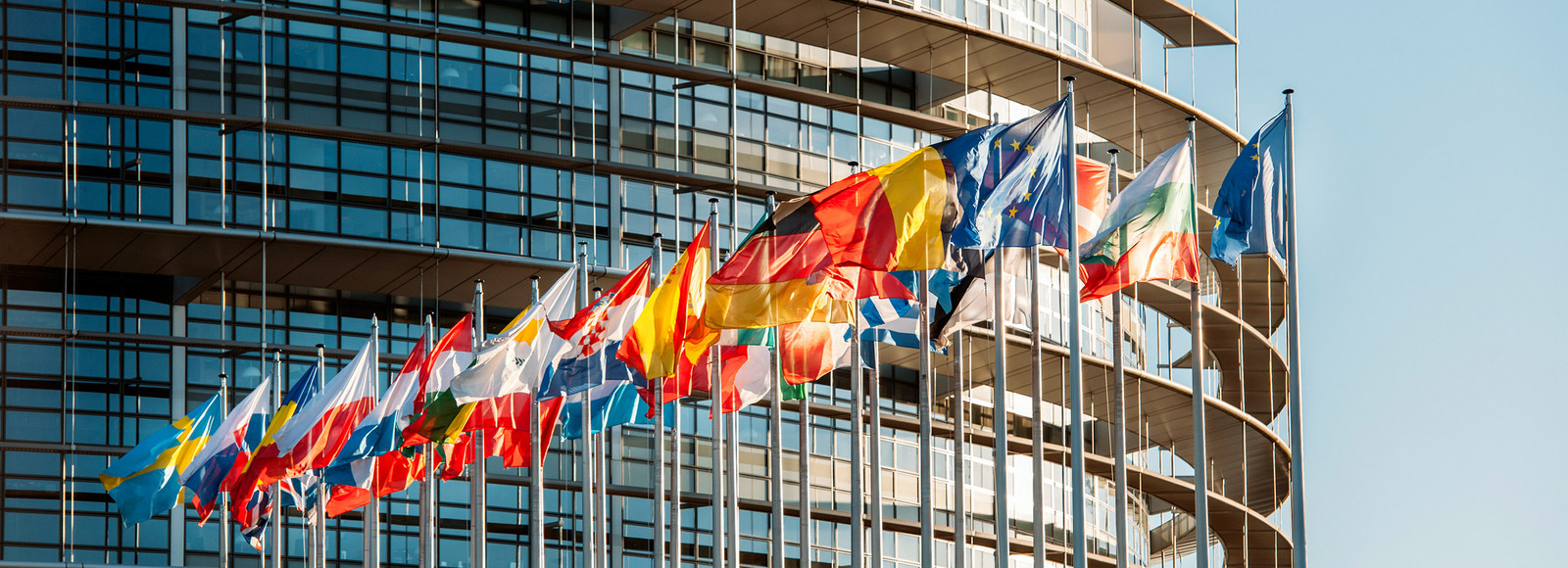Coronavirus: State aid and Competition law emergency measures are being used
The EFTA Surveillance Authority (ESA) has confirmed that the EEA Agreement's exception to provide legal support in a crisis situation will be used, similarly to what the European Commission stated with respect to Article 107(2) b) TFEU on Thursday 12 March. The basis of Article 62 (2) (b) of the EEA Agreement authorizes "aid to make good the damage caused by natural disasters or exceptional occurrences".
In particular, ESA points to the guidelines for rescue and restructuring aid (R&R guidelines) as central in the current crisis. The R&R guidelines allow helping companies with financial support to manage liquidity challenges. This applies to both companies that (as of today) are not in difficulties, and companies that are currently experiencing acute liquidity shortages due to exceptional and unforeseen circumstances related to the COVID-19 outbreak. For its part, ESA states that the outbreak of the COVID-19 pandemic has major financial consequences. Several EEA countries, including Norway, have announced that they will implement support measures for citizens and companies. ESA has set up its own COVID team of state aid experts who will assist the authorities with questions related to support measures that are being considered.
On Thursday 12 March the EU Commission approved within 24hours a support measure for Denmark which allows financial assistance to organizers in the event of cancellation of major events. ESA clearly states that they will process emergency response approval requests quickly and effectively. It can thus be expected that the Government's proposal for support measures, which was cleared in the Norwegian parliament Monday morning 16 March, can be implemented quickly. The measures include amongst other injection of 100 billion NOK to small and medium-sized enterprises (SME) in the form of guarantees and loans. In addition, the airlines with a Norwegian operating license are also given a 6 billion NOK loan guarantee support package. However, this must be cleared by ESA.
Several of the measures the Government has proposed could be implemented without any assessment or clearance on the part of ESA. This applies for example to support for health services and other public services, as well as financial support from the public directly to residents, because such support falls outside the clearance duty of the State aid regulations. Also, public support measures that are available to all companies, and thus do not provide selective benefit to specific companies, such as extending the deadline for corporate tax, as proposed by the Norwegian government, do not fall under State aid control.
It is expected that several measures will eventually come to support the most vulnerable industries, such as the tourism industry and the cultural sector, with a view to curbing bankruptcy and limiting redundancies. Relevant measures are loans, guarantees to cover operations and cash flow shortages. Several of these measures are allowed without clearance before they are implemented. This applies to support subsidized loans of up to EUR 1 million or guarantees for loans of EUR 1.5 million over a 5 year period. However, other types of support measures and injection of capital and cash will require ESA's clearance support. For instance loan and guarantees up to 18 months for SME, and similarly for 6 months for larger companies under the R&R guidelines. Any non-clearance may result in a claim for reimbursement later .
Information is updated continuously and is available here for the ESA and the European Commission here.




